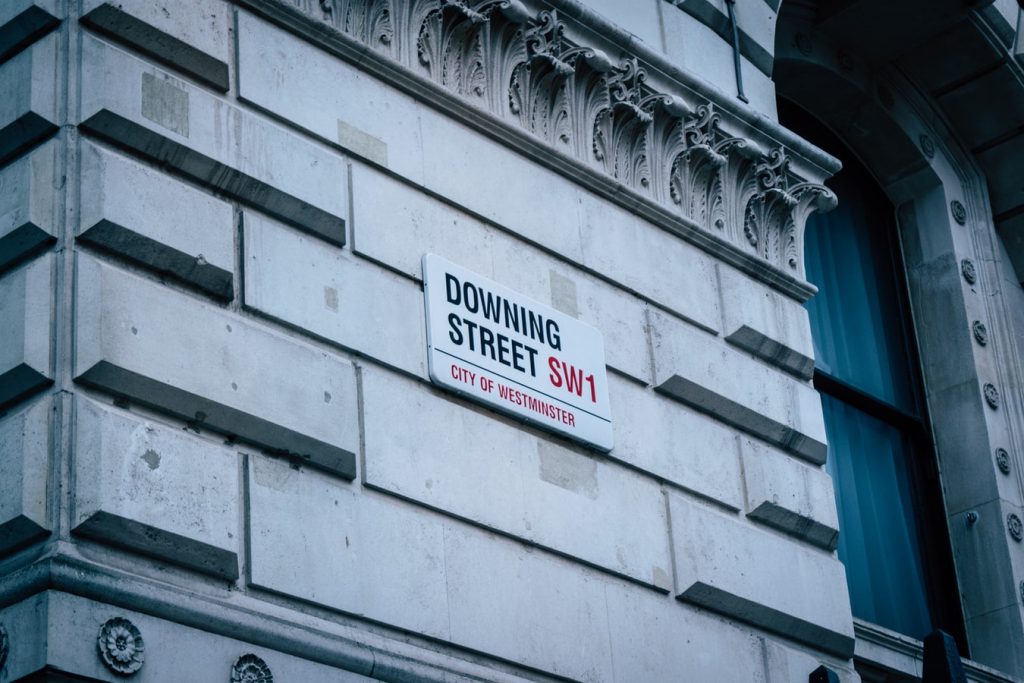
Is Britain Going Backwards? The free school meals u-turn and what it means for inequality
by Martin Greenwood | Apr 26, 2021 | Global inequalities | 0 comments
By Zakk Preston
Coronavirus has had an almost unimaginable impact worldwide and the impact in the UK reflects this. Almost overnight, the country was transformed from normality to complete abnormality – but little people would predict the government’s reaction to this – and the impact it would have on society, especially disadvantaged groups. Over 1.4m children nationwide are eligible for free school meals, the highest proportion in at least a decade according to the BBC and to think the government would take the step to remove such a privilege that is paramount for some children’s wellbeing, is almost incomprehensible – but they did.
Why we should be concerned
The government’s move to refuse free school meals during the original lockdown was already a shocking move, but the u-turn could be considered even worse. Such a necessity should not be brought onto the shoulders of the population to deal with if they cannot provide to begin with. While the government may see this as a resource inequality that some cannot have access to food, in reality it is a vital inequality as it can impact life expectancy, among other opportunities such as illness, and so on. A report from the Independent in February 2018 quoted Dr Wanda Wyporska, executive director of the Equality Trust, who noted “the roll out of Universal credit and over a million children using their free school meals could also contribute to more ill health and more inequality”. This was also paired by data from a report by the Longevity and Science Panel, who found that people from the least advantaged fifth of the country are now five times more likely to die in a given year than those in the most advantaged fifth. While this does not mirror life expectancy inequality in Global South countries (such as China, which according to ChinaPower, a credible source featured in The Guardian, New York times and so on, had a life expectancy gap of 13 years when comparing Shanghai and poorest provinces in 2013), we should be alert that such rash movements by our government could lead to this gap increasing and becoming almost something of a Global South figure – and this is only likely to continue given the snowball effect that inequalities often take on – more deprived children (ie those on free school meals) tend to achieve lower at GCSE – in 2017/18, 21.6% of free school meals eligible pupils achieved a “strong” pass in Maths and English, compared to 46.4% of those not eligible – if the free school meals initiative was struggling to help children already – the question begs – why, in such a fractured time for society where some children will be falling even further behind already, was it seen as a good idea to remove their only privilege that gives them a (albeit slim) shot of social mobility?
What can be done?
Of course, it is no easy task to deal with an incredibly senseless decision by our government – but the response has been, thankfully, what needed to be seen, notably the campaign of footballer Marcus Rashford in the first lockdown and now the second, aiming to rectify the governments decision. This has prompted multiple food outlets across the country to come together and support children who have been deprived even further by this decision. Unfortunately, other than this, the rest lies out of our hands – change must happen from the government themselves to reduce inequality in the UK and stop such a downwards slope that is edging us further and further towards Global South countries and the inequality they have. Many proposals of course can be made, but to start with an effort needs to be made so that the rich cannot continue getting richer – this applies worldwide, not just in the UK but it should be noted that after the 1970s inequality began rising again after tax rates fell steeply – for a level playing field this would be an ideal place to start. Finally, while governments would be reluctant to enforce such acts, it would likely be a positive change for the majority, if not all because, as Wilkinson and Pickett noted in 2009, “highly unequal societies make us less happy or healthy, make us die younger, have lower levels of trust and higher levels of crime and violence.” Therefore, it is imperative that sooner or later, something is to be done about inequality before such negative effects begin to spiral out of control.
Recent Posts
Recent Comments
- k on Two Busy Days Polluting and Killing
- Why ‘Green Consumerism’ is not the Solution? | Cities Explained on How Neoliberalism Destroyed the Planet and Why Capitalism Won’t Save Us
- Hope on Holiday Hunger: The starving children of Britain
- https://kernyusa.estranky.sk/clanky/risk-factors-linked-to-anxiety-disorders-differ-between-women-and-men-during-the-pandemic.html on Social media as the new leadership in social movements: The Egyptian Revolution
- UK Trip on The impossible barrier: Would you fail the ‘Life in the UK’ test?
Archives
Contact us
+44 (0) 161 306 6000

0 Comments